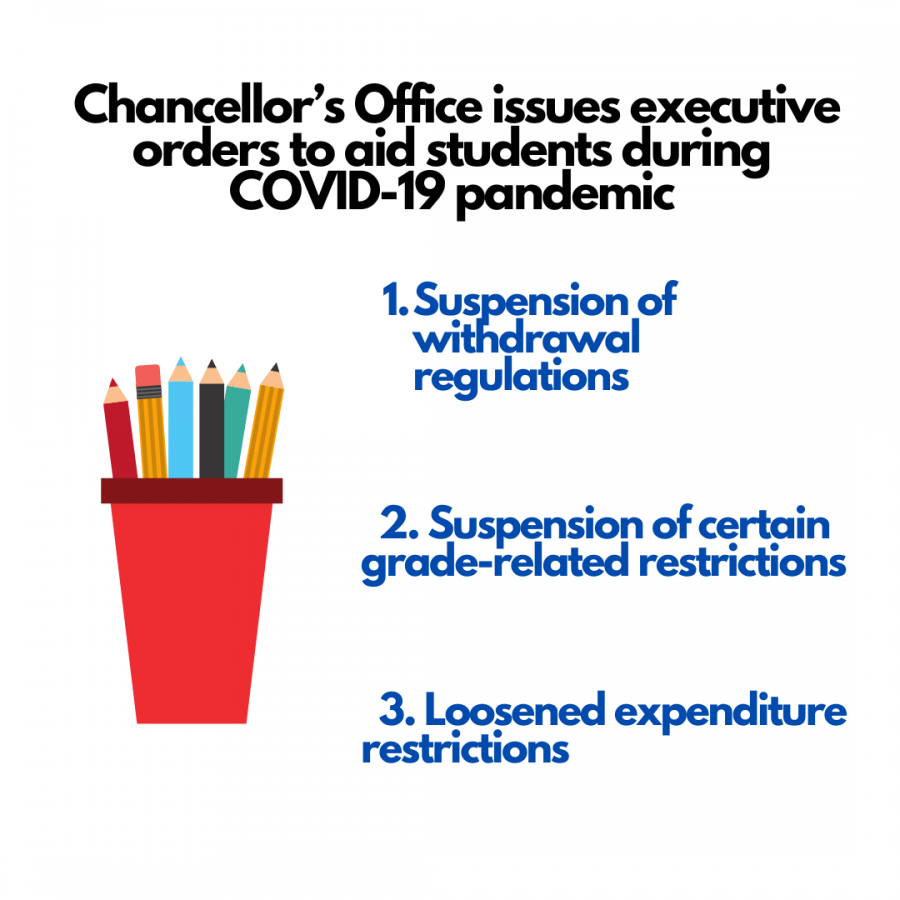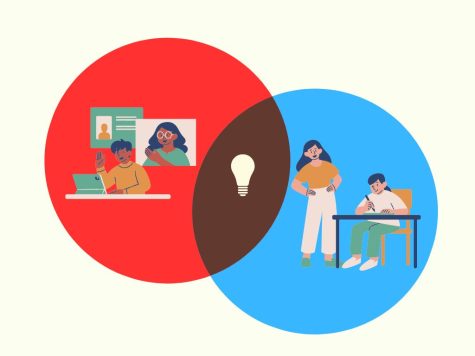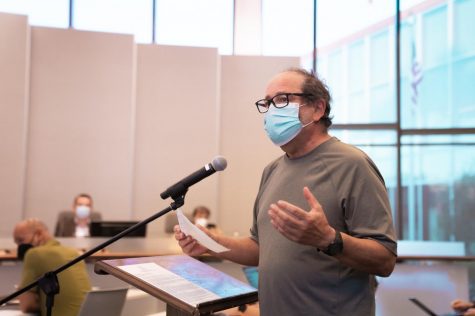California Community College Chancellor’s Office issues executive orders to ease restrictions during COVID-19

Infographic by Kathleen Quinn
California Community College Chancellor Eloy Ortiz Oakley shared ongoing initiatives and future plans for California community colleges in response to the COVID-19 crisis in a Zoom press conference on Tuesday.
“Our office has been keeping a close eye on the spread and the impacts,” said Oakley. “We are working closely with governor Gavin Newson’s office as well as relying on the California Department of Public Health as our primary source of information and guidance.”
Since the beginning of March, the chancellor’s office launched their COVID-19 facts and resources microsite providing updates, information, and FAQs related to the COVID-19 crisis.
“We know the transition to online wasn’t easy especially for many students as sudden as it was,” said Oakley. “All colleges are doing everything they can to support students in any way possible and make the transition easier.”
The Chancellor’s Office issued several executive orders in response to the transition of classes going online to allow for better flexibility for students.
The first executive order will temporarily suspend student withdrawal regulations, such as allowing for more lenient withdrawal dates and providing refunds for students who withdraw. This was followed by a temporary suspension of various specified grade r
elated regulations to make grading policies more flexible for students.
The chancellor’s office has also been advocating for federal assistance with the stimulus package which was recently signed into law, as well as other stimulus packages being worked on.
“Nearly $300 million in aid to students in the greatest need will be arriving soon,” said Oakley.
The recently enacted Coronavirus Aid, Relief, and Economic Security Act will allow colleges flexibility in how to award this emergency aid to students. Colleges were asked to prioritize on their resident students, which will not make a distinction against specific groups, such as undocumented or international students.
In regards to fall classes, colleges will be preparing to educate under some type of social distancing protocol to maintain public health. This means colleges may be partially opened in some ph
ysical locations and there will be more hybrid and online courses.
“I want to make sure the distinction is clear that none of our colleges will close offerings,” said Oakley. “We are going to educate no matter what happens.”
Oakley also emphasized the importance for students to participate in the 2020 census. The resources being made available and the representation students have in Washington D.C. are all influenced by the census.
“Please do everything you can to inform your students and your community to participate in the census,” said Oakley. “All students are at risk at being undercounted in California and this census is essential to get a complete count of every member of the community so students are fairly represented and colleges will get their fair share of federal resources for many years to come. ”
The Chancellor’s Office is working with the California Complete Count Committee to encourage every student to be counted in the 2020 census.







